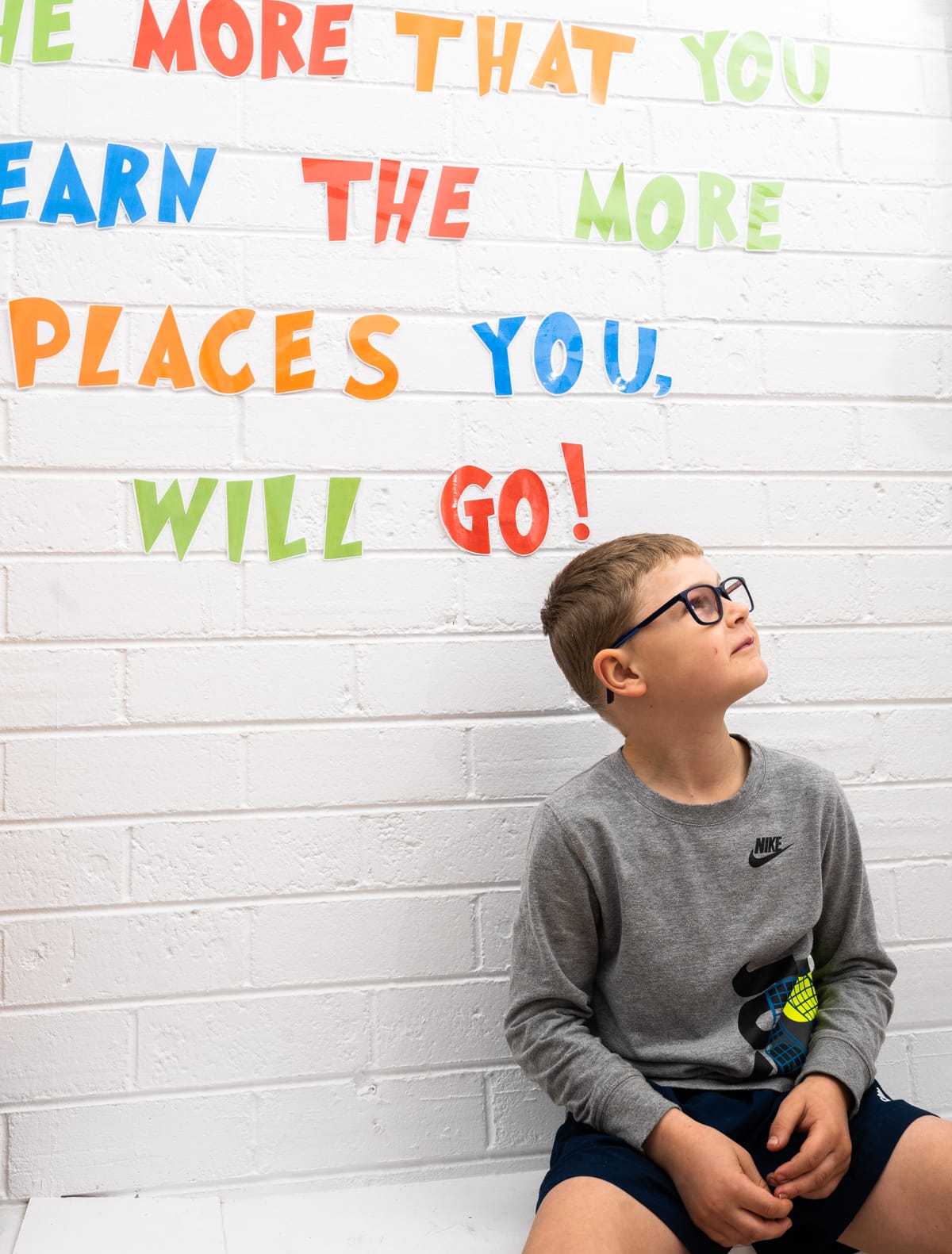With the digital age upon us, there’s an increasing concern about myopia, also known as short-sightedness or near-sightedness. In September 2023, the first ever Myopia Action Month was announced and celebrated internationally. Whether you’re a parent worried about your child’s eyesight or someone who has just been diagnosed with this condition, we’re here to answer the most frequently asked questions about myopia in simple words.
What is myopia?
Myopia, often called short-sightedness or near-sightedness, is a refractive error that blurs things far away without glasses or contact lenses. It can worsen over time, especially in children as their eyeball grows longer. Unfortunately, higher levels of myopia can increase the risk of other eye diseases. That’s why Optometrists and Ophthalmologists always emphasise myopia control and try to keep myopia at a lower level. Check out Myopia Clinic and our Myopia Control blog.
What causes myopia?
People often think you get short-sightedness from your parents or from too much reading and computer use. But it’s a mix of both family and lifestyle that affect our eyes.
- Do you inherit myopia? Yes, if one or both parents are myopic, their children are more likely to become short-sighted too.
- Can phone/computer cause myopia? Yes, prolonged close-up tasks like reading or screen time also contribute to the development or progression of myopia. However, it does not mean that children should not use devices or read at all. The risk of myopia can be managed with good working distance (at least elbow distance) and regular breaks (every 20 minutes).
- Other factors: There are many other factors affecting the development and worsening of myopia. For example, how much outdoor activities you do, the age you started school, how well can your two eyes work together. Certain health problems and medications can also increase the risk of developing myopia.
Can Myopia be Cured?
Myopia can be corrected with prescription glasses, contact lenses, or refractive surgery like LASIK. While these methods help you see clearly, they don’t “cure” myopia in the sense of reversing the changes of the eyes caused by myopia.
For adults whose vision remains stable, you can simply choose the option that suits you best. Just remember to regularly get your eyes checked to ensure they stay healthy. For children or individuals whose myopia keeps getting worse, it’s essential to have a thorough conversation with an optometrist. They’ll guide you to the best choice to slow down the progression.
Can you fix myopia naturally?
Whether you or your child have short-sightedness or are hoping to prevent it, there are natural habits you can adopt. Remember, these methods can’t reverse existing true myopia, but they can slow down the progression or prevent it.
- Spend Time Outdoors: Aim for at least 3 hours outside daily. Being in natural light can help slow down eye changes related to myopia. Sunlight also boosts Vitamin D production in our body, which in turn supports the eyes in resisting unwanted changes.
- Take Eye Breaks: Every 20 minutes, pause for at least 20 seconds and look at something far away. This gives your eyes a much-needed rest.
- Maintain Proper Posture and Distance: When reading or using screens:
- Sit up straight.
- Ensure you have good lighting.
- The further the screen or object, the better. For instance, watching TV is preferable to a desktop, a desktop to a tablet, and a tablet to a mobile phone.
- Eat a Balanced Diet: Prioritise a diet rich in high-quality protein to support overall eye health.
In conclusion: Understanding myopia is the first step to managing it. There are many different options of technology and interventions available to help slow down myopia progression. Even in our screen-filled world, simple habits like outdoor time, regular eye breaks, and a balanced diet can make a big difference. While we can’t undo myopia, we can take action to slow it down. Make an appointment with one of our experienced optometrists to find out the best option for you.


